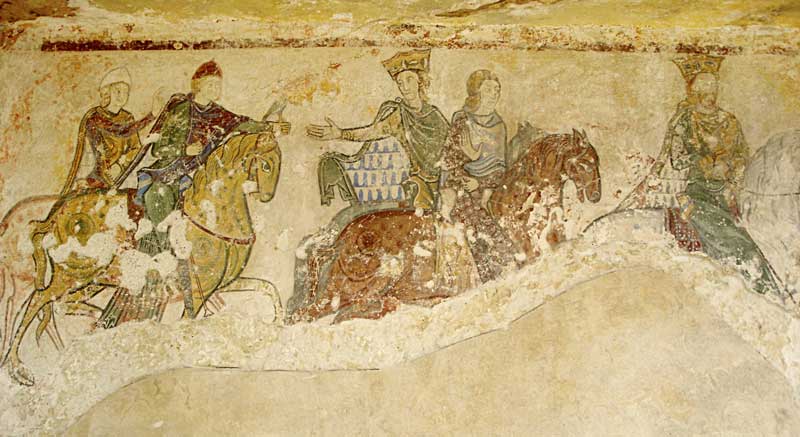On the Spot: Malgorzata Fidelis - 2 minutes read

Why are you a historian of Eastern Europe?
I came to the United States at the age of 20. Looking at my native country from outside opened completely new ways of thinking.
What’s the most important lesson history has taught you?
Everyone has power. Even the most marginalised groups in oppressive societies can affect change.
Which history book has had the greatest influence on you?
Jacques Le Goff, Les intellectuels au Moyen Age.
What book in your field should everyone read?
For Eastern Europe: Maria Todorova, Imagining the Balkans. For the history of communism: Krisztina Fehérváry, Politics in Color and Concrete: Socialist Materiality and the Middle Class in Hungary.
Which moment would you most like to go back to?
The Free Speech Movement at UC Berkeley in 1964-65.
Which historian has had the greatest influence on you?
Mary Louise Roberts, a model gender historian from whom I constantly learn.
Which person in history would you most like to have met?
Eleanor of Aquitaine.
How many languages do you have?
Several Slavic languages, including my native Polish. Rusty Latin, French and German.
What historical topic have you changed your mind on?
That the Middle Ages were more exciting than contemporary history!
What is the most common misconception about your field?
That Eastern Europe is not Europe.
Which genre of history do you like least?
Any that does not have many people in it.
What’s the most exciting field in history today?
Approaches that depart from the rigid boundaries of fields.
Is there an important historical text you have not read?
I have a long list of important historical texts I have not read.
What’s your favourite archive?
The Hoover Archives at Stanford.
What’s the best museum?
Musei Vaticani.
What technology has changed the world the most?
Reliable birth control.
The Mediterranean or the Indian Ocean?
The Mediterranean.
Historical drama or documentary?
Documentary.
The Parthenon or Machu Picchu?
Machu Picchu.
What will future generations judge us most harshly for?
Plutocracy, with all its devastating impact on societies and the environment.
Malgorzata Fidelis is Associate Professor of History at the University of Illinois at Chicago and author of Imagining the World from Behind the Iron Curtain: Youth and the Global Sixties in Poland (Oxford University Press, 2022).
Source: History Today Feed